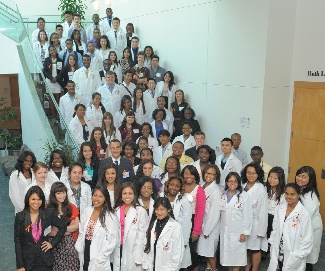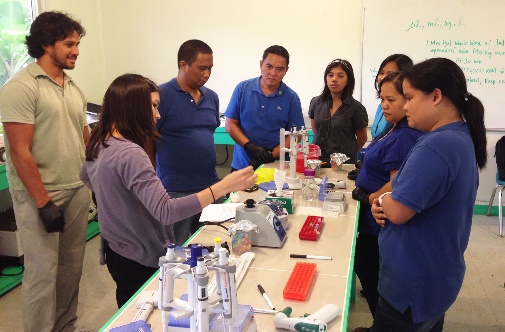 The mission of the National Institute of Diabetes and Digestive and Kidney Diseases (NIDDK) is to conduct and support medical research and research training and to disseminate science-based information on diabetes and other endocrine and metabolic diseases; digestive diseases, nutritional disorders, and obesity; and kidney, urologic, and hematologic diseases, in order to improve health and quality of life.
The mission of the National Institute of Diabetes and Digestive and Kidney Diseases (NIDDK) is to conduct and support medical research and research training and to disseminate science-based information on diabetes and other endocrine and metabolic diseases; digestive diseases, nutritional disorders, and obesity; and kidney, urologic, and hematologic diseases, in order to improve health and quality of life.
The Institute maintains a vigorous investigator-initiated research portfolio, supports pivotal clinical studies and trials, strives to preserve a stable pool of talented new investigators, fosters exceptional research training and mentoring opportunities, and ensures knowledge dissemination through outreach and communications.

NIDDK believes that a diverse scientific workforce would bring together the best minds in the research arena to find solutions that would reduce and eradicate health disparities. Analysis of our portfolio shows that very few of our grantees come from racial and ethnic minority communities. Similarly, scientists with disabilities are underrepresented in the scientific workforce.
Therefore, the Institute has launched several initiatives aimed at diversifying the scientific workforce (please see the list of diversity-targeted programs below).
- Small Grants for New Investigators to Promote Diversity in Health-Related Research (R21 Clinical Trial Optional)
- Research Supplements to Promote Diversity in Health-Related Research (Admin Supp Clinical Trial Not Allowed)
Other Opportunities
- T32 NRSA Diversity Supplement Award (T32)
- Short Term Research Experience for Underrepresented Persons
- NIDDK Diversity Summer Research Training Program
- Network of Minority Health Research Investigators
- National Medical Association (NMA) Academic Fellows Program
- Association of American Indian Physician (AAIP) Travel Scholarship Program for Undergraduate Students






